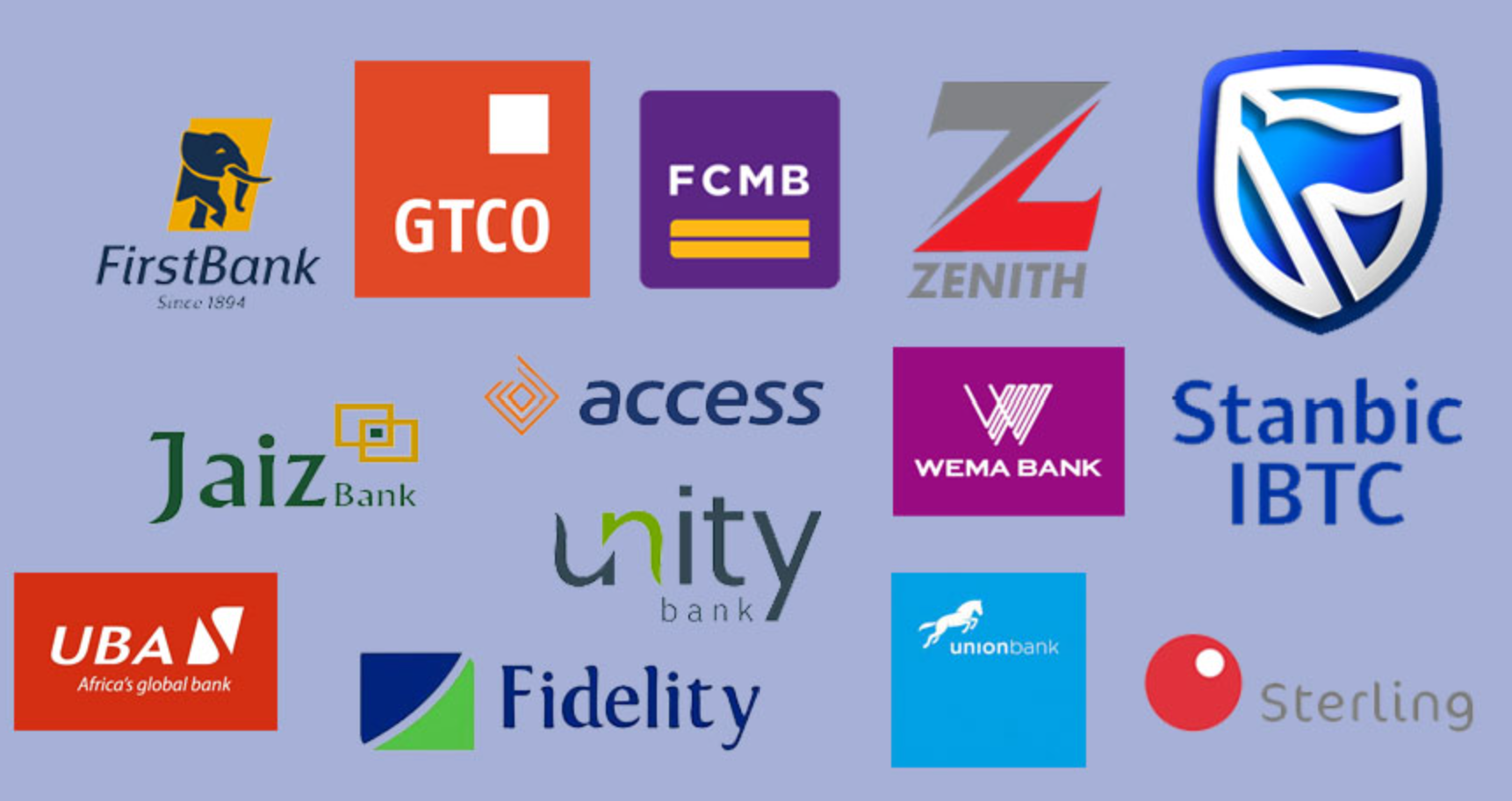Place your adverts here on InfoDig @ low rates; banner ads, sponsored links and guest articles etc. Contact us
It is refreshing to discover that frugality can be a path to greater well-being. Psychological research has uncovered compelling evidence that making certain frugal choices can boost our happiness levels in meaningful and lasting ways. Let’s explore five of these choices and how they can transform our lives.
1. Choose Experiences Over Things
One of the most potent frugal choices you can make is prioritizing experiences over material possessions. When you look back on your life, the memories of shared laughter, breathtaking adventures, and quiet moments of connection will bring a smile to your face – not the things you once owned.
Experiences have a unique way of becoming part of who we are. They shape our identities, broaden our horizons, and unite us with those we care about. And the best part? Experiences don’t have to be expensive. A hike in the woods with a friend, a picnic in the park with your family, or a day volunteering for a cause you believe in can all bring immense joy without breaking the bank.
2. Simplify Your Space and Your Life
In the pursuit of happiness, less can indeed be more. When we fill our homes and lives with excess possessions, we can feel cluttered, overwhelmed, and stressed. By embracing simplicity and cutting through the excess, we create space for what matters most.
Simplifying your physical space can be incredibly liberating. As you let go of things you no longer need or love, you might find yourself breathing easier and thinking more clearly. You’ll spend less time managing your stuff and more time doing things that bring you joy.
But simplicity goes beyond decluttering. It’s also about being intentional with time, energy, and commitments. It’s about saying no to the things that don’t align with your values so you can say a wholehearted yes to the things that do.
3. Spend Mindfully and Align Your Purchases With Your Values
Mindless spending is the enemy of happiness. We often feel empty and dissatisfied when we buy things on autopilot without considering whether they add value to our lives. Mindful spending, on the other hand, is a powerful tool for boosting happiness.
To spend mindfully, start by pressing pause before making a purchase. Ask whether the item aligns with your values and supports your long-term goals. Consider the actual cost – not just in money but also in the time and energy you’ll spend earning the money, maintaining the item, and potentially disposing of it later.
When you align your spending with your values, you’ll find that your purchases are more satisfying and meaningful. You’ll feel good about where your money is going, and you’ll be less likely to experience buyer’s remorse.
4. Cultivate an Attitude of Gratitude
Gratitude is a potent antidote to the “never enough” mentality that can easily steal our joy. When we focus on appreciating what we already have, we shift our attention away from what we lack and toward the abundance in our lives.
Cultivating gratitude doesn’t have to be complicated. It can be as simple as taking a few minutes each day to jot down things you’re thankful for in a gratitude journal. You can make it a habit to express appreciation to the people in your life, letting them know how much they mean to you. You can consciously notice and savor the small joys that each day brings, from a beautiful sunset to a delicious meal.
As you practice gratitude daily, you may find that your overall happiness and sense of contentment grow. You’ll be less tempted to seek fulfillment through purchasing things because you’ll recognize how much you already have to be grateful for.
5. Give Yourself the Gift of Financial Security
Building a financial safety net is one of the most generous things you can do for your future self. When you have savings for unexpected expenses and emergencies, you’ll experience a profound sense of peace and security that can’t be bought.
Start small, setting aside whatever you can each month. As your savings grow, so will your confidence and your options. You’ll be free to choose based on what you want, not just what you can afford. You’ll be able to weather life’s storms with greater resilience and less stress.
Remember, frugality isn’t about deprivation or sacrifice. It’s about making conscious, intentional choices that support your well-being. It’s about recognizing that some of the best things in life – like connection, growth, peace, and joy – don’t have to cost a lot of money.
Case Study: From Overspending to Contentment
Gina, a busy accountant, had always been a shopaholic. She constantly bought the latest gadgets, trendy clothes, and home decor items, believing that these purchases would make her happy. However, despite growing possessions, Gina often felt unfulfilled and stressed about her finances.
One day, Gina stumbled upon information about frugal living and decided to try it. She started by decluttering her apartment and donating items she no longer needed or loved. As she simplified her space, Gina felt a sense of lightness and clarity. She also began prioritizing experiences over things, opting for hiking trips with friends instead of shopping sprees.
Gina also started practicing mindful spending, carefully considering whether each purchase aligned with her values. She found that by being intentional with her money, she derived greater satisfaction from the things she did buy. Additionally, Gina began keeping a gratitude journal, focusing on the abundance in her life rather than what she lacked.
As Gina embraced frugality, she noticed a significant shift in her happiness levels. She felt more content, less stressed, and more in control of her life. Gina also started building a financial safety net, which gave her a sense of security and peace of mind. By making these frugal choices, Gina discovered that true happiness came not from the things she owned but from her experiences, the relationships she nurtured, and the sense of financial freedom she had cultivated.
Key Takeaways
- Prioritizing experiences over material possessions can lead to greater happiness and lasting memories.
- Simplifying your physical space and being intentional with your time and commitments can reduce stress and create room for what matters most.
- Practicing mindful spending by aligning your purchases with your values can result in more satisfying and meaningful consumption.
- Cultivating gratitude by focusing on what you already have can increase happiness and contentment.
- Building a financial safety net can provide peace of mind, reduce stress, and offer greater freedom in decision-making.
- Frugality is about making conscious, intentional choices supporting your well-being, not deprivation or sacrifice.
- Some of the best things in life, such as connection, growth, peace, and joy, don’t have to cost a lot of money.
- Embracing frugal choices can lead to a richer and more authentic form of happiness than material possessions alone can provide.
Conclusion
As you embrace these five frugal choices – prioritizing experiences, embracing simplicity, spending mindfully, cultivating gratitude, and building financial security – you’ll likely discover a happiness that is richer and more authentic than anything money could buy. You’ll be trading fleeting pleasures for enduring fulfillment, and that is a trade worth making.















 English (US) ·
English (US) ·